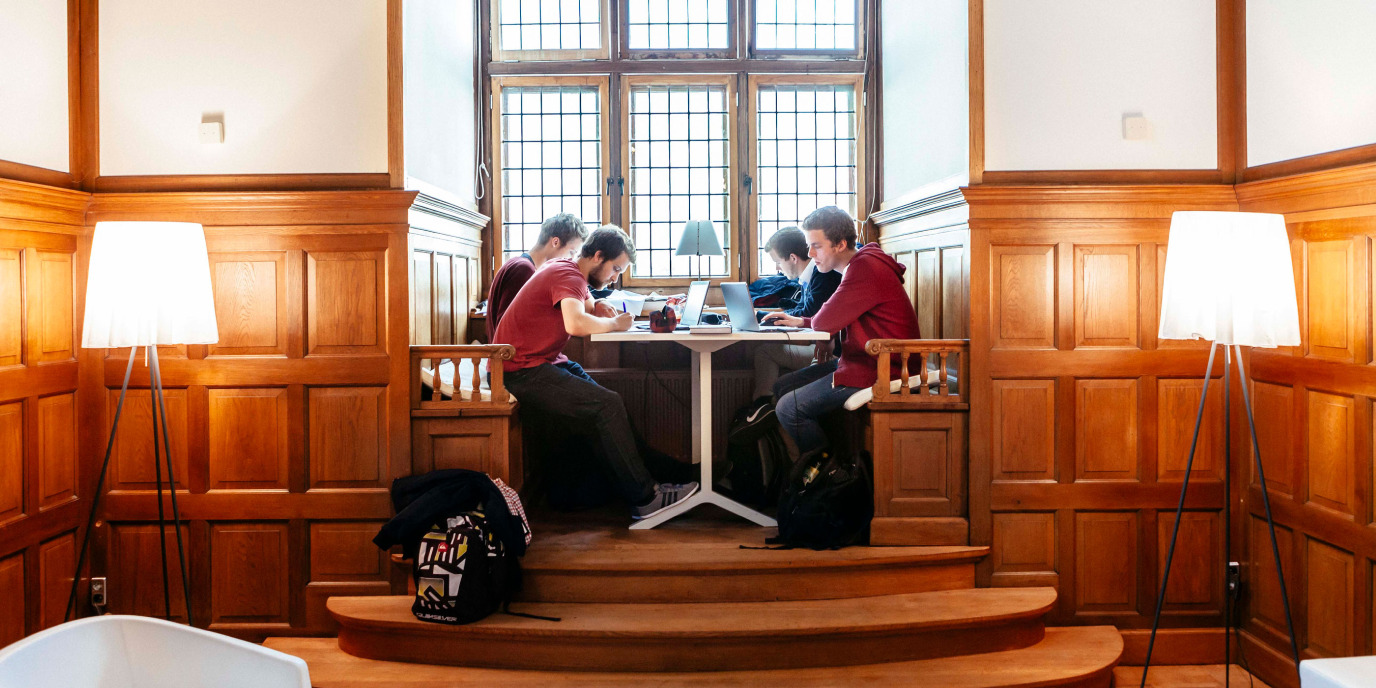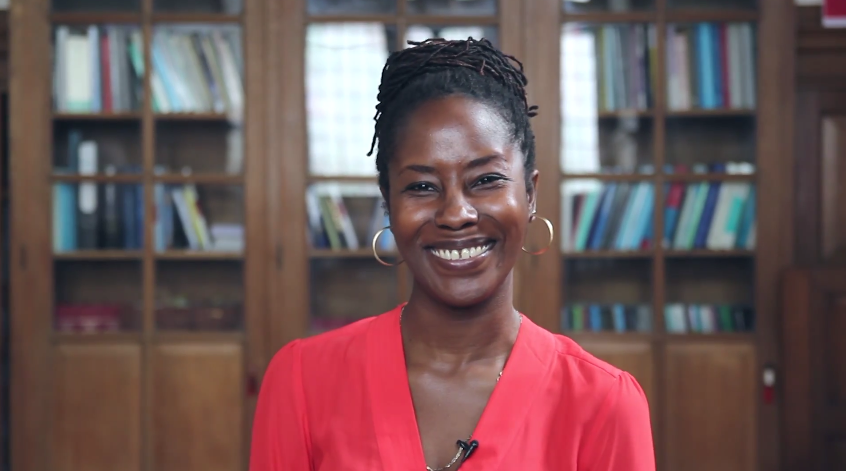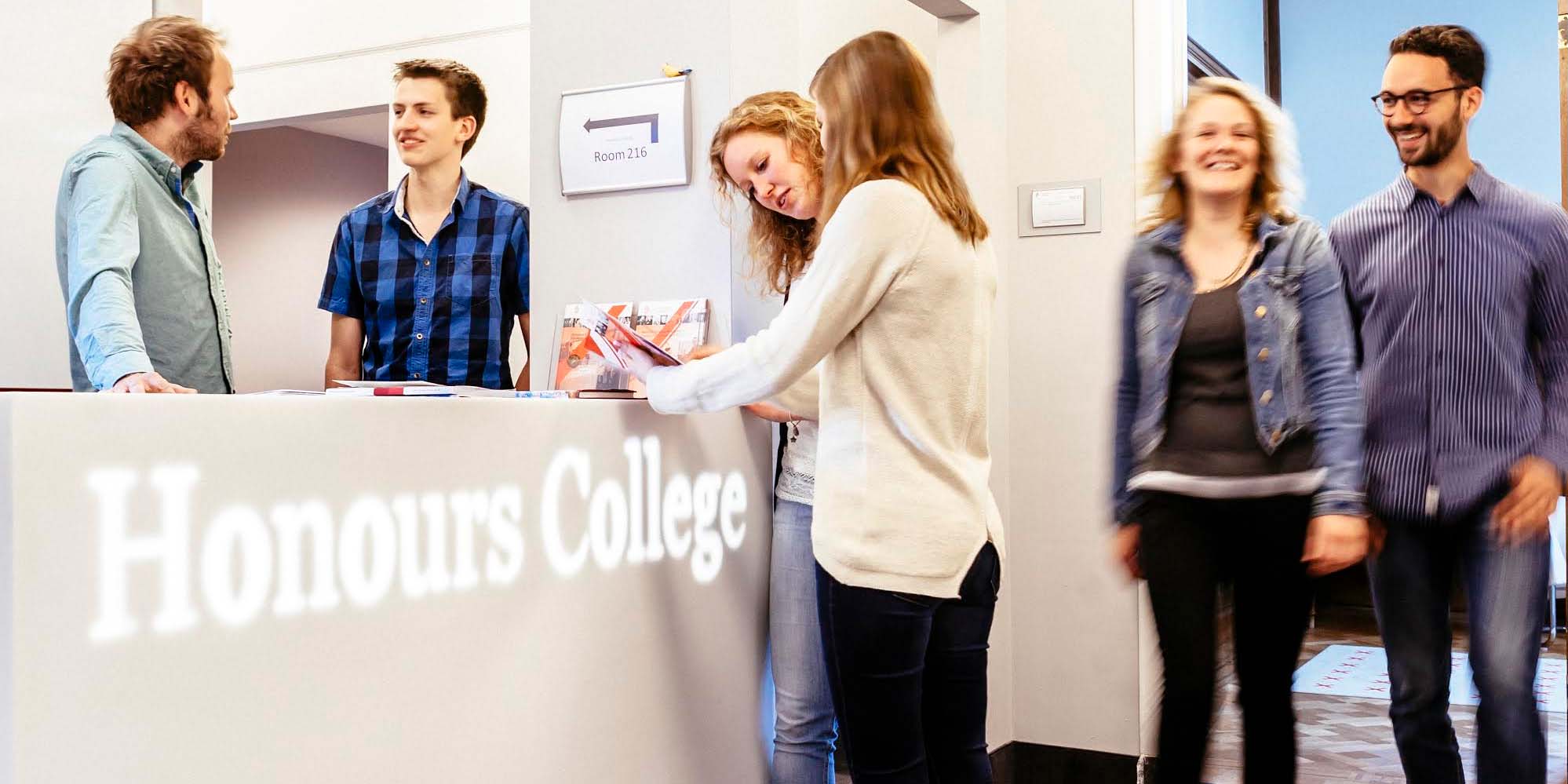Honours College
Het tweeënhalf jaar durende extracurriculaire Honoursprogramma is ontworpen om praktische en professionele vaardigheden te versterken door middel van kleine, praktijkgerichte lessen en interdisciplinaire benaderingen om wetenschappelijke en maatschappelijke uitdagingen aan te pakken. Het biedt je ook de mogelijkheid om je eigen discipline verder te ontwikkelen en vertrouwd te raken met andere disciplines. Dit wordt bereikt door samenwerking met andere getalenteerde en nieuwsgierige RUG-studenten. De vaardigheden en kennis die je hier opdoet, komen later van pas in je persoonlijke en professionele leven.





